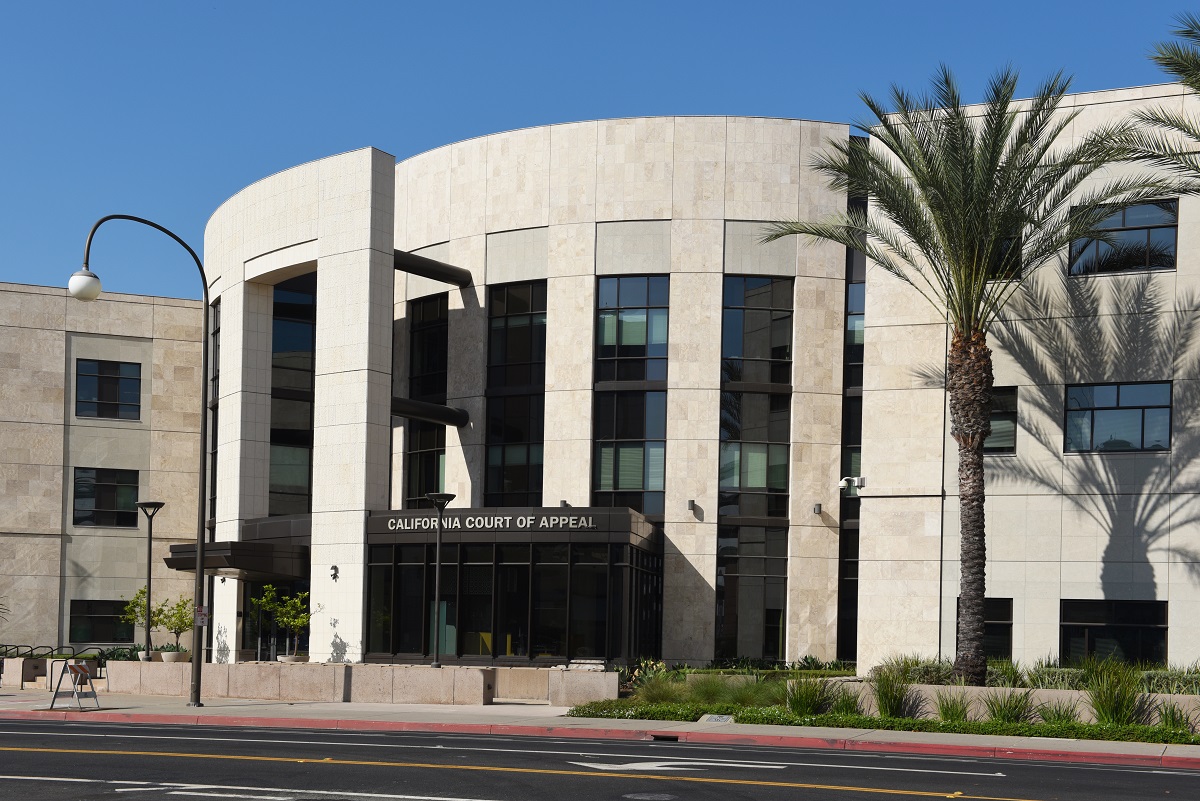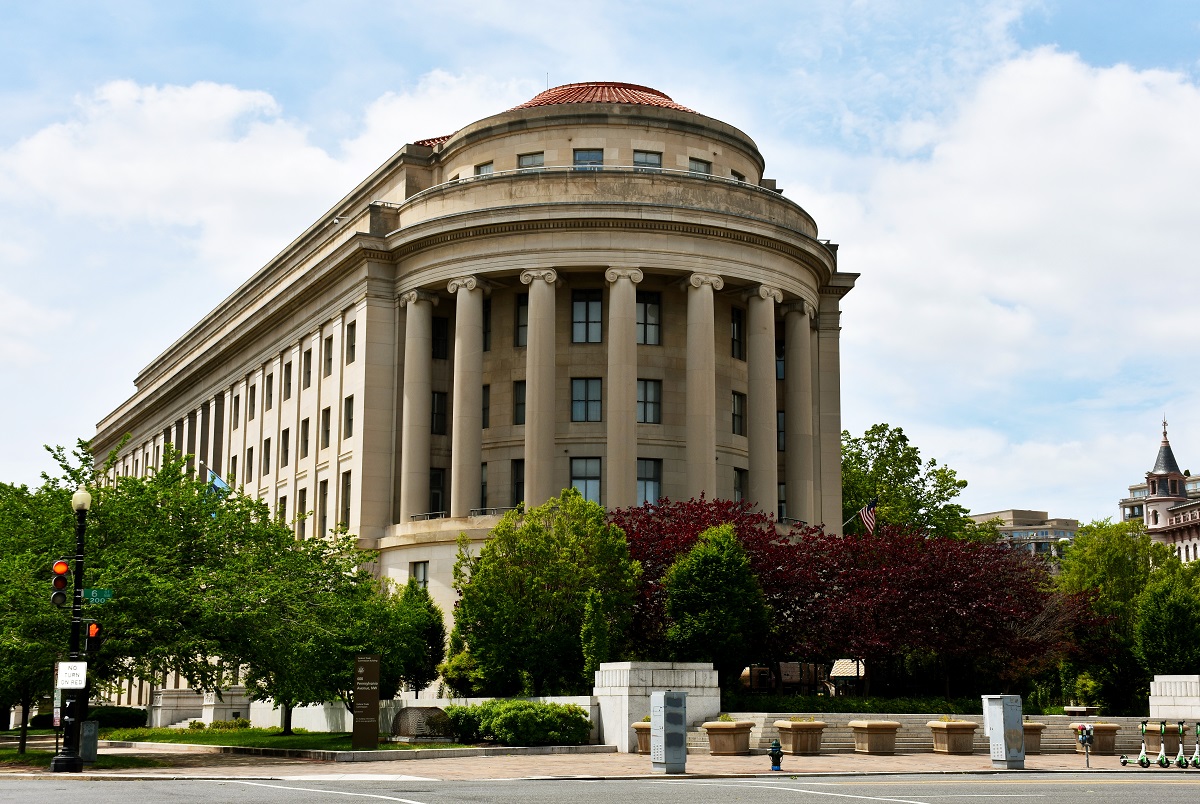The U.S. Court of Appeals for the Seventh Circuit recently held that a putative class action removed to federal court under the Class Action Fairness Act lacked federal jurisdiction because it fell within CAFA’s "internal-affairs" and "home-state controversy" exceptions.
The Appellate Court of Illinois, First District, recently held that a trial court should not have rejected a borrower's attempt to vacate two different foreclosure judgments against him on the grounds of defects in service of process in those actions.
The Appellate Court of Illinois, Second District, recently affirmed the dismissal of a claim for supposed violations of the federal Fair Debt Collections Practices Act where the consumer plaintiff failed to allege facts that the money sought to be collected was a “debt” as defined by section 1692a(5) of the FDCPA, and the demand letter from the defendant law firm indicated that the debt was commercial in nature.
A recent decision from the New Jersey Appellate Division comes as welcome relief for purchasers of defaulted debt. The decision, Woo-Padva v. Midland Funding LLC, concerns the New Jersey Consumer Finance Licensing Act (CFLA), and whether a debt buyer who failed to have such a license could be liable under the state’s consumer protection law.
Continuing on its mission to curb abusive collection efforts related to medical debt which began to take life in 2022, the CFPB on Sept. 21 announced its initiation of a rulemaking process to remove medical bills from credit reports entirely.
The U.S. Court of Appeals for the Second Circuit recently reversed a trial court's approval of a settlement in a class action case because the trial court presumed the fairness, adequacy, and reasonableness of the proposed settlement on the grounds the settlement was negotiated to at arm's-length failed to assess the fairness, adequacy, and reasonableness of the agreed to attorneys’ fees and incentive payment, and erred in determining the class relief did not constitute "coupons" under the federal Class Action Fairness Act (CAFA).
In an action by a group of borrowers who alleged a fraudulent reverse mortgage scheme, the Appellate Court of Illinois, First District, recently affirmed the trial court’s judgment against the borrowers, and held that neither the discovery rule nor the continuing violation rule tolled the five-year statute of limitations for the borrowers’ declaratory judgment claims, making them untimely.
Delaware Gov. John Carney on Sept. 11 signed into law House Bill 154, the Delaware Personal Data Privacy Act. This makes Delaware the 12th state to enact a comprehensive consumer data privacy law.
The California Court of Appeal, Second Appellate District, recently reversed a trial court's ruling, and held that a defendant bank owed the plaintiff law firm a duty of care based on the special relationship the bank had with the law firm as an intended beneficiary of a probate court’s blocked account order.
The Appellate Court of Illinois, First District, recently affirmed a trial court’s order denying a tenant’s emergency petition to vacate an eviction following a foreclosure action.
The Court of Appeal of California (Fourth District) recently reversed a trial court’s dismissal of a putative class action alleging a solar energy system provider violated the Rosenthal Act, California’s parallel version of the federal Fair Debt Collection Practices Act.
The U.S. Court of Appeals for the Seventh Circuit previously held that Section 13(b) of the Federal Trade Commission Act does not authorize restitution or disgorgement awards and overruled a $5 million restitution award entered in the trial court.












